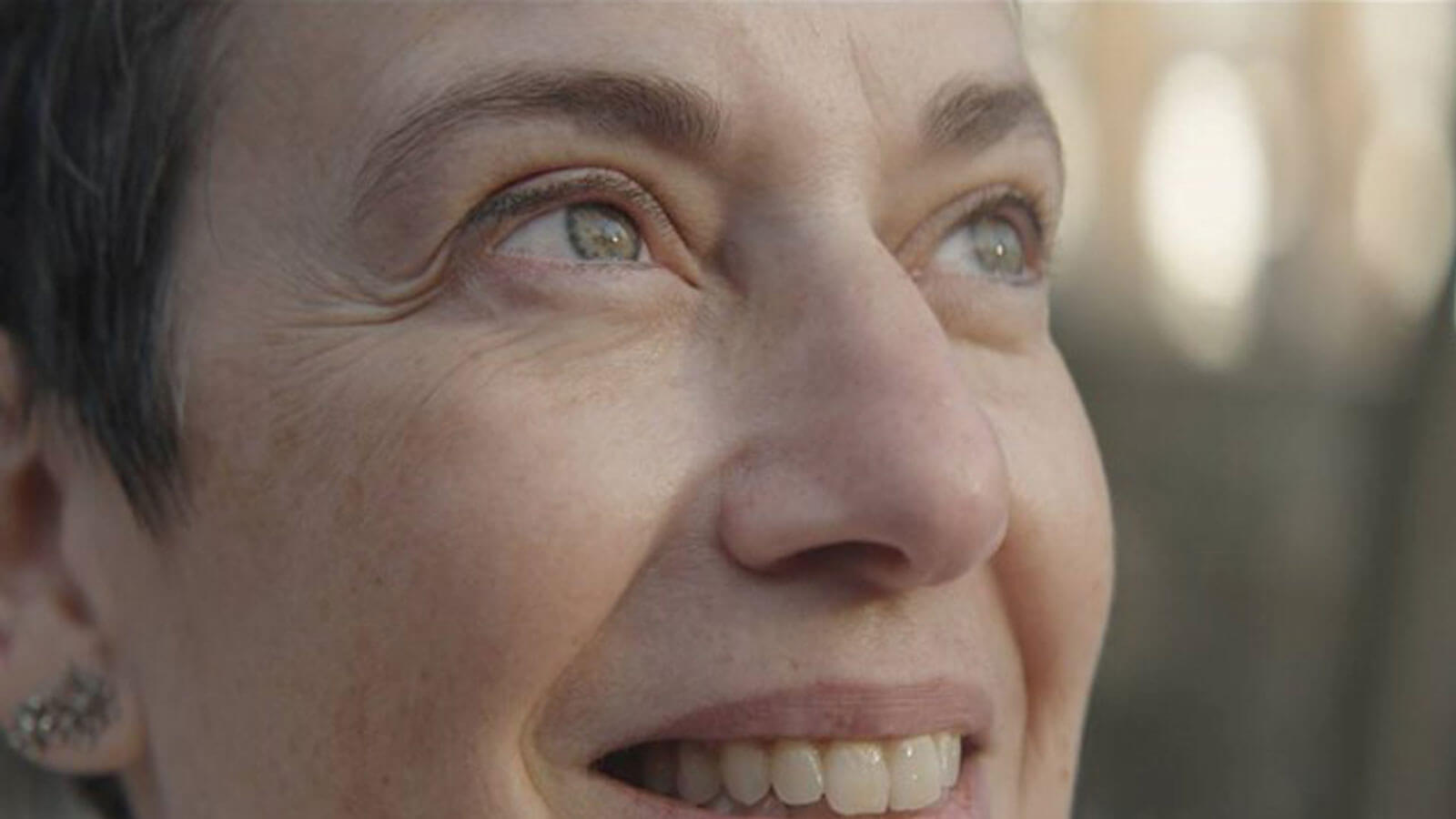The Mindfulness of Medicine Development: A Scientist’s Work Is Never Done

At Pfizer, we know that breakthroughs aren’t created in a vacuum. Every new discovery, every new medicine and vaccine, is the result of the collaboration of many members of our community, each with their own unique experiences, expertise, and insights. The human element cannot be separated from our work any more than the patient experience can be removed from the outcome.
“The Mindfulness of Medicine Development” series showcases the journeys, experiences, and inspirations of our colleagues, highlighting the key qualities that drive success in pharmaceutical R&D, from discovery through to approval and beyond.
Pfizer has a long history in vaccine research and development, and through the development of innovative delivery systems and technologies, we’ve created solutions to help prevent infection with and the severity of many infectious diseases. In the final installment of “The Mindfulness of Medicine Development,” we hear from Isis, Senior Director and bacterial vaccines expert at Pfizer, who works directly on these advancements and continues to apply her expertise to next-generation vaccines research.
“I love learning new things. I love dissecting the puzzles and taking them apart, putting them back together, building them stronger, building them better,” says Isis.
Achieving a medical breakthrough is a monumental feat – one that brings tremendous pride to the scientists involved and hope to the patients it serves. But for dedicated colleagues like Isis and her team, even a long-awaited regulatory approval doesn’t mean their work is done.
As diseases evolve, new data emerge, and new technologies are discovered, scientists continue to apply their learnings to next-generation research, aiming to extend the impact vaccines can have by protecting more populations, reducing more disease strains, and eliciting even stronger immune responses.
“Every day, we gain data and information about what’s causing the most prevalent diseases today and what we project might be causing diseases in the next 10 to 20 years,” she explains. “That’s why we come to work, knowing that, after many, many hours of effort, we can make progress on something that may make a difference in millions of people’s lives.”
Learn more about Isis in the next installment of “The Mindfulness of Medicine Development”:
Tune in to the full series to hear stories from colleagues across the R&D continuum: The Mindfulness of Medicine Development: How Scientists Are Driving the Next Wave of Medical Innovations
02.19.2026
02.17.2026
02.05.2026
02.04.2026
02.02.2026
